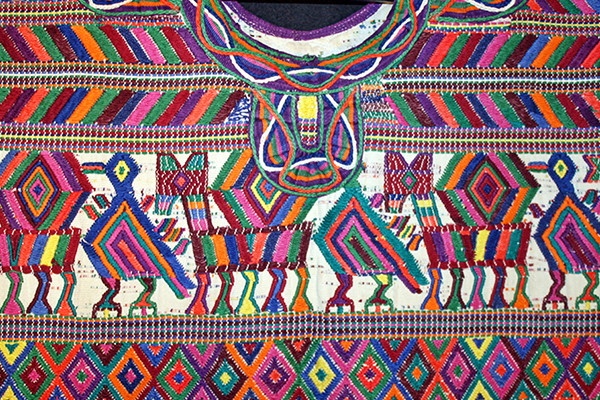
For more information on K’iche’ Maya and other Less Commonly Taught Languages, see the website at Trinity College of Arts and Sciences.
Duke University, the University of Virginia, and Vanderbilt University are partnering to offer courses in languages not often taught in the Western academic curriculum through a shared course initiative. Classes are taught to students on all three campuses through high quality video conferencing and telepresence classrooms. These are regular, face-to-face classes (not “online” courses) in which students in one classroom interact with students in classrooms at the respective partner schools, during the same class period. These courses will be offered at the elementary, intermediate, and in some cases advanced levels, and will also count towards the foreign language requirement at each university.
The first (Elementary I) and third (Intermediate I) semester of K’iche’ Maya will be offered every fall, and the second (Elementary II) and fourth (Intermediate II) semester courses will be offered every spring. In these classes, students learn to speak the language, and study it in its cultural as well as historical contexts. They are open to both undergraduate and graduate students.
K’iche’ Maya is one of the most common indigenous languages in Latin America, spoken by about 1 million Maya in the western Highlands of Guatemala, the heartland of Maya culture. K’iche’ is the language of the Popol Wuj, the sacred book of the Maya, which dates to the 16th century. Because of the precarious status of minority languages in Latin America, these classes might also appeal to students interested in issues of language maintenance in a globalized world, language planning, multilingualism, language diversity, and linguistic human rights.
